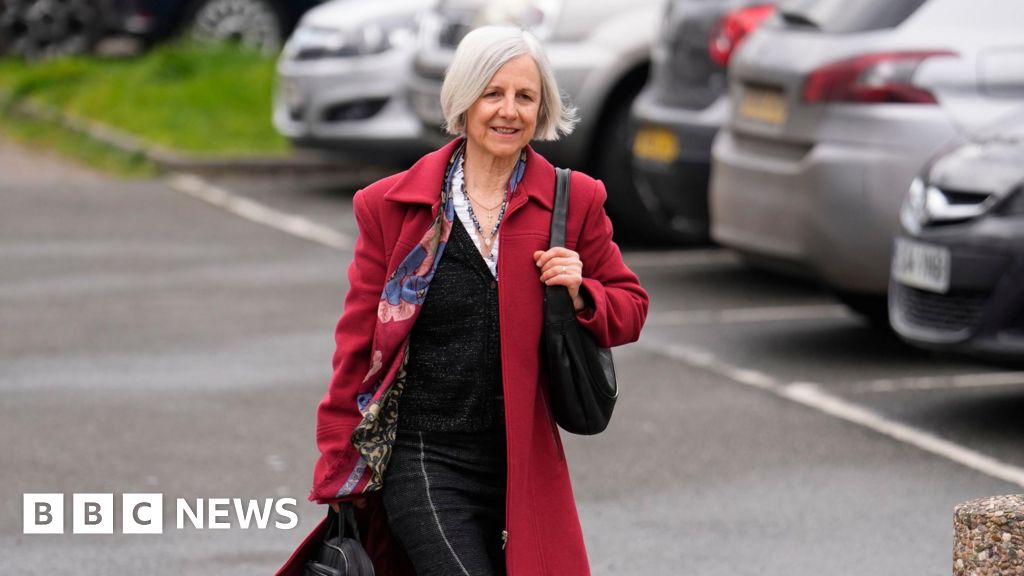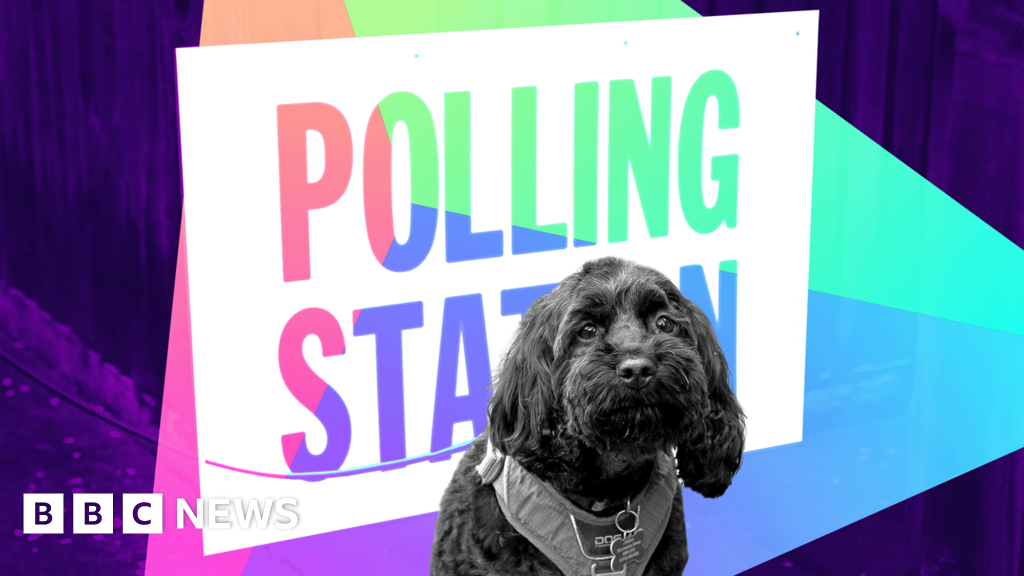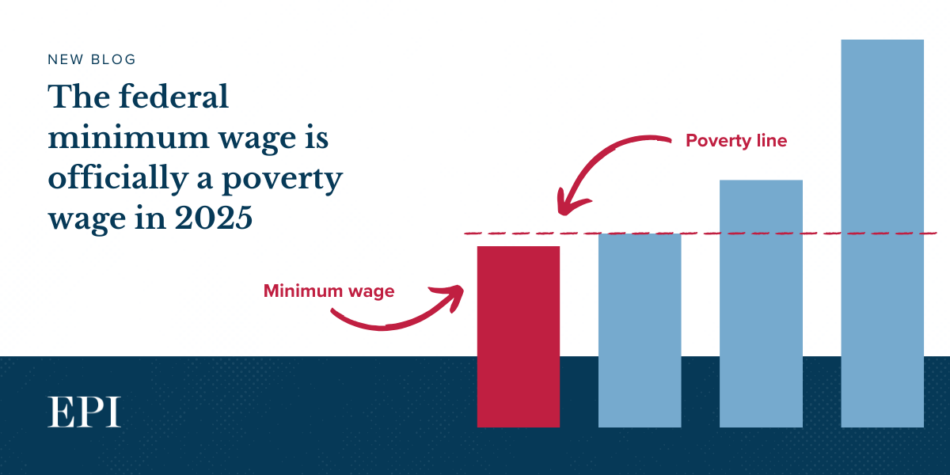Woman Convicted for Breaching Abortion Clinic Safe Zone

A significant legal case concerning free speech and public safety culminated in the conviction of 64-year-old Livia Tossici-Bolt, who was found guilty of violating the Public Spaces Protection Order (PSPO) at an abortion clinic in Bournemouth. The incident occurred on two separate days in March 2023, and has attracted widespread attention, even reaching the U.S. State Department and Vice-President JD Vance.
Tossici-Bolt, a self-identified anti-abortion campaigner, was ordered by Poole Magistrates' Court to pay a hefty fine of £20,000 and was given a two-year conditional discharge for her actions. During her protests, she held a sign that read, "Here to talk, if you want," which the court deemed problematic in the context of the clinic's protective measures aimed at ensuring the safety and privacy of patients seeking services.
District Judge Orla Austin, presiding over the case, emphasized that while Tossici-Bolt's beliefs were sincerely held, the court's focus was not on the merits of her views on abortion but on whether she had indeed breached the PSPO. Judge Austin noted that her presence outside the clinic could potentially cause distress to women accessing care, as well as to clinic staff and the broader community.
The prosecution was initiated by Bournemouth, Christchurch, and Poole Council under the Anti-social Behaviour, Crime and Policing Act of 2014. The PSPO that encompasses the area around the clinic was implemented in October 2022, establishing a designated safe zone during specific hours—7:00 AM to 7:00 PM, Monday through Friday—to protect individuals from harassment.
Defending Tossici-Bolt, solicitor Rosalind Comyn argued that there was no conclusive evidence presented to show that her client had caused any tangible harm or distress. Comyn pointed out that Tossici-Bolt has no prior convictions, asserting that the council failed to substantiate its claims of harassment linked to Tossici-Bolt's behavior.
In a statement following her conviction, Tossici-Bolt expressed her disappointment, highlighting her gratitude towards the U.S. State Department for taking an interest in her case. She stated, "Great Britain is supposed to be a free country, yet I've been dragged through court merely for offering consensual conversation. Peaceful expression is a fundamental right—no one should be criminalized for harmless offers to converse." She lamented the perceived increase in censorship within the UK, arguing that it has led to a situation where international observers feel compelled to comment on the state of free speech in the country.
Heidi Stewart, the CEO of the British Pregnancy Advisory Service (BPAS), welcomed the ruling as a safeguard for women and healthcare providers. Stewart pointed out that the clinic in Bournemouth had experienced years of anti-abortion protests, resulting in over 500 documented reports of harassment prior to the establishment of the safe access zone. She asserted, "This case was never about global politics but about the simple ability of women to access legal healthcare free from harassment." Stewart reinforced the importance of a judicial system that can objectively determine breaches of the law, noting her support for staff working to protect patients from anti-abortion protests.
Looking ahead, it is noteworthy that in October 2024, the UK government announced national buffer zones that prohibit protests within a 150-meter radius of abortion services. This legislation, introduced via the Public Order Act of 2023, carries severe penalties for violators, including the potential for an unlimited fine.
This case reflects ongoing tensions between free speech rights and the need to protect individuals seeking healthcare services, a debate that continues to provoke strong opinions on both sides of the argument.

















